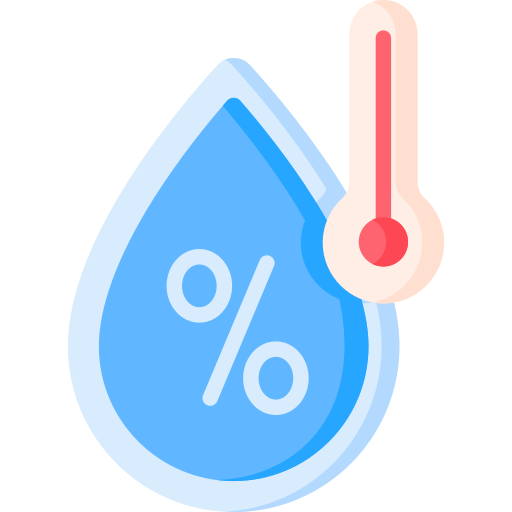Bamako - Introduction

About Bamako
Bamako Current Weather
Bamako, Mali
2026-02-17 12:40
Overcast
30.2°C
Temperature:30.2°C |
86.4°F
Feels like:28°C |
82.4°F
Other weather information:
| Parameter | Value |
|---|---|
Wind 
|
22 km/h |
Pressure 
|
1016 mb |
Humidity 
|
8% |
Visibility 
|
2 km |
UV Index 
|
10.1 |
Precip 
|
0 |